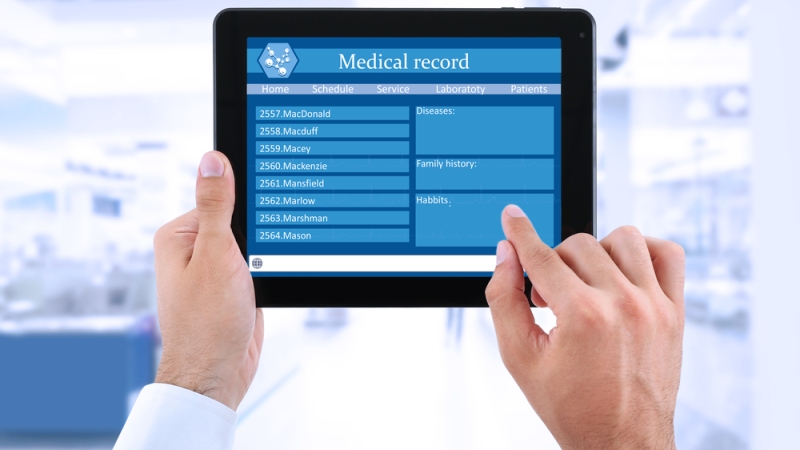The Weekend Reader–July 1

Internet of Things Set to Change the Transportation Landscape
 “IoT approaches will allow people and cargo to be transported more efficiently.” Senators and witnesses alike expressed enthusiasm for IoT’s potential to improve freight, better public transportation, monitor infrastructure, and collect data on transportation operations. “By increasing connectivity and real-time data flows between stakeholders, our transportation network and its users will gain productivity,” said Sen. Deb Fischer, R-Neb. Senators and witnesses also commended the Smart Cities participants, whose projects addressed issues of freight truck shipments, space within the cities, and other transportation issues.
“IoT approaches will allow people and cargo to be transported more efficiently.” Senators and witnesses alike expressed enthusiasm for IoT’s potential to improve freight, better public transportation, monitor infrastructure, and collect data on transportation operations. “By increasing connectivity and real-time data flows between stakeholders, our transportation network and its users will gain productivity,” said Sen. Deb Fischer, R-Neb. Senators and witnesses also commended the Smart Cities participants, whose projects addressed issues of freight truck shipments, space within the cities, and other transportation issues.
Mobility Gains Importance in Health, Citizen Connectivity
 The Defense Health Agency is working on a way for a person injured overseas to have instant access to world-class health care. Electronic health records allow doctors to administer care and patients to access their personal information through their smartphones. David Smith, director of state and local government sales for Citrix, said state governments are improving their operating system landscapes and working to streamline their applications in order to connect to citizens.
The Defense Health Agency is working on a way for a person injured overseas to have instant access to world-class health care. Electronic health records allow doctors to administer care and patients to access their personal information through their smartphones. David Smith, director of state and local government sales for Citrix, said state governments are improving their operating system landscapes and working to streamline their applications in order to connect to citizens.
Top 5 TED Talks for College Students to Watch This Summer
 College students might be spending their summers slogging away in an unpaid internship, working in retail, or, if they’re lucky, relaxing by the pool. However, even if school isn’t in session, students can still focus on growth and learning. TED Talks are a valuable and free resource for college students.
College students might be spending their summers slogging away in an unpaid internship, working in retail, or, if they’re lucky, relaxing by the pool. However, even if school isn’t in session, students can still focus on growth and learning. TED Talks are a valuable and free resource for college students.
Rule 41 Raises Concerns Over Government Hacking Powers
 An update to the Federal Rules of Criminal Procedure, specifically Rule 41, which could automatically take effect in December, is once again bringing up concerns of privacy and security in the digital world. George Washington University Law School research professor Orin Kerr described the lack of avenues for law enforcement when they are seeking to search a computer that is hiding its location, which the changes to Rule 41 seek to fix. The second change to the rule was equally contentious, as opponents claimed that it would allow the government to hack into computers of people that had done fundamentally nothing wrong.
An update to the Federal Rules of Criminal Procedure, specifically Rule 41, which could automatically take effect in December, is once again bringing up concerns of privacy and security in the digital world. George Washington University Law School research professor Orin Kerr described the lack of avenues for law enforcement when they are seeking to search a computer that is hiding its location, which the changes to Rule 41 seek to fix. The second change to the rule was equally contentious, as opponents claimed that it would allow the government to hack into computers of people that had done fundamentally nothing wrong.
STEM Majors Feel Most Optimistic About Job Prospects
 Compared to other majors, STEM students are most likely to believe companies will recruit them directly out of college, and 73 percent feel they will receive a good job upon graduation. Using technology in the classroom was reported as improving students’ preparedness for entering the workforce. Eighty-five percent of students surveyed in 2016 felt using technology in classes and as a study tool will make them a stronger job candidate, an increase from 80 percent of students in 2015.
Compared to other majors, STEM students are most likely to believe companies will recruit them directly out of college, and 73 percent feel they will receive a good job upon graduation. Using technology in the classroom was reported as improving students’ preparedness for entering the workforce. Eighty-five percent of students surveyed in 2016 felt using technology in classes and as a study tool will make them a stronger job candidate, an increase from 80 percent of students in 2015.
